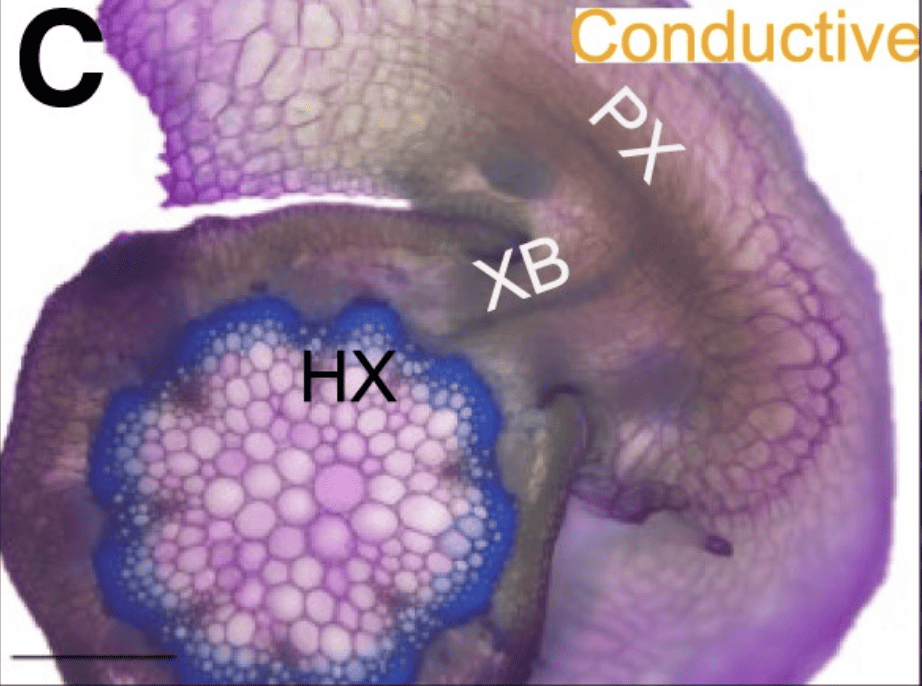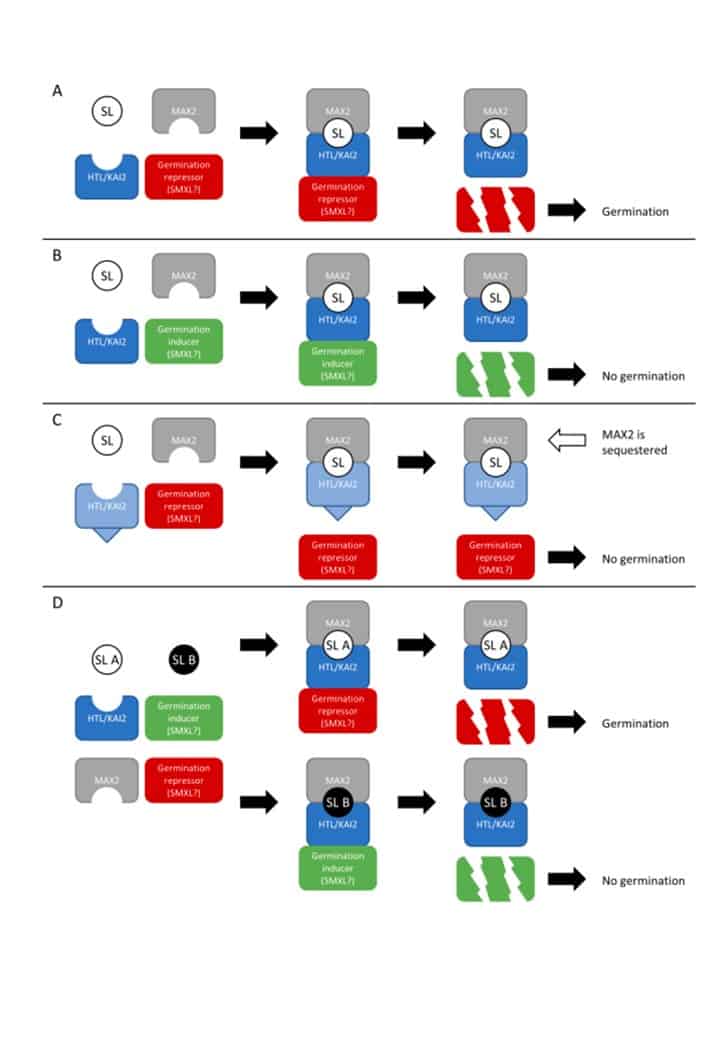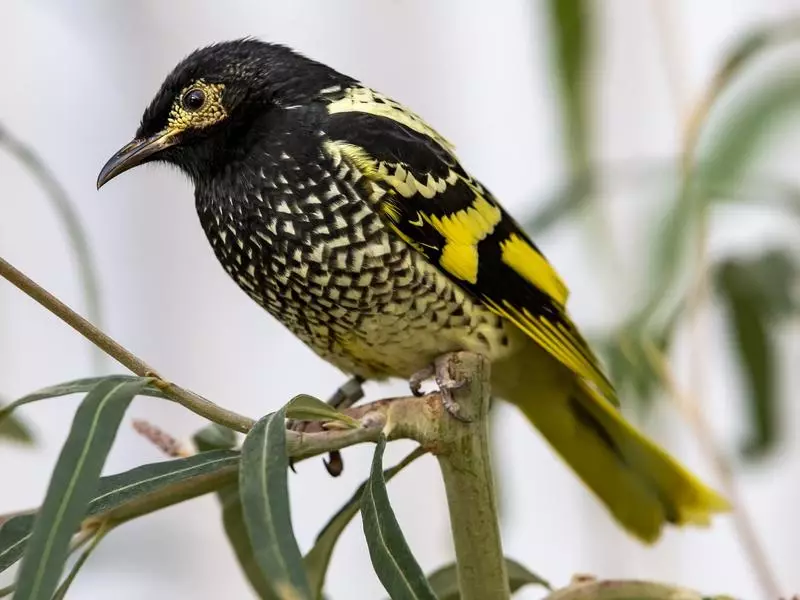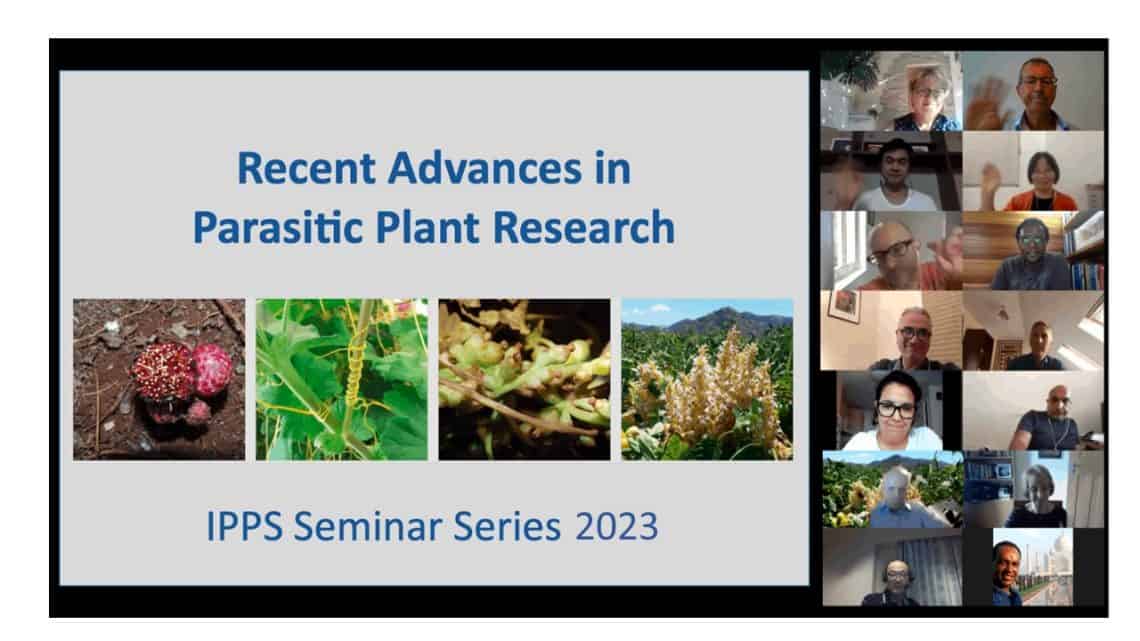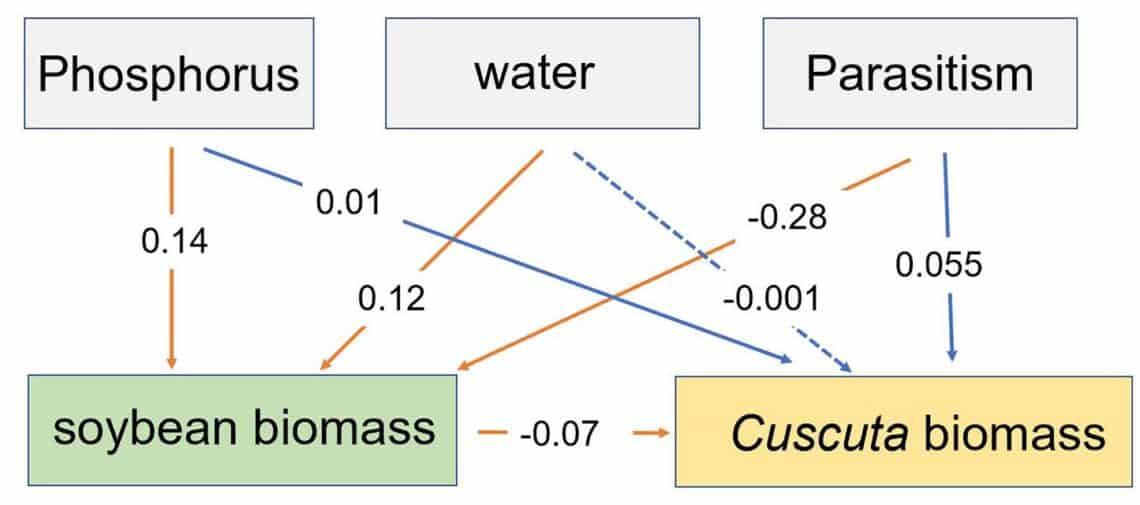Background Cuscuta, a parasitic plant species in the Convolvulaceae family, grows in many countries and regions. However, the relationship between some species is still unclear. Therefore, more studies are needed to assess the variation of the chloroplast (cp) genome in Cuscuta species and their relationship with subgenera or sections, thus, providing important information on the […]
Complete chloroplast genomes of five Cuscuta species and their evolutionary significance in the Cuscuta genus

